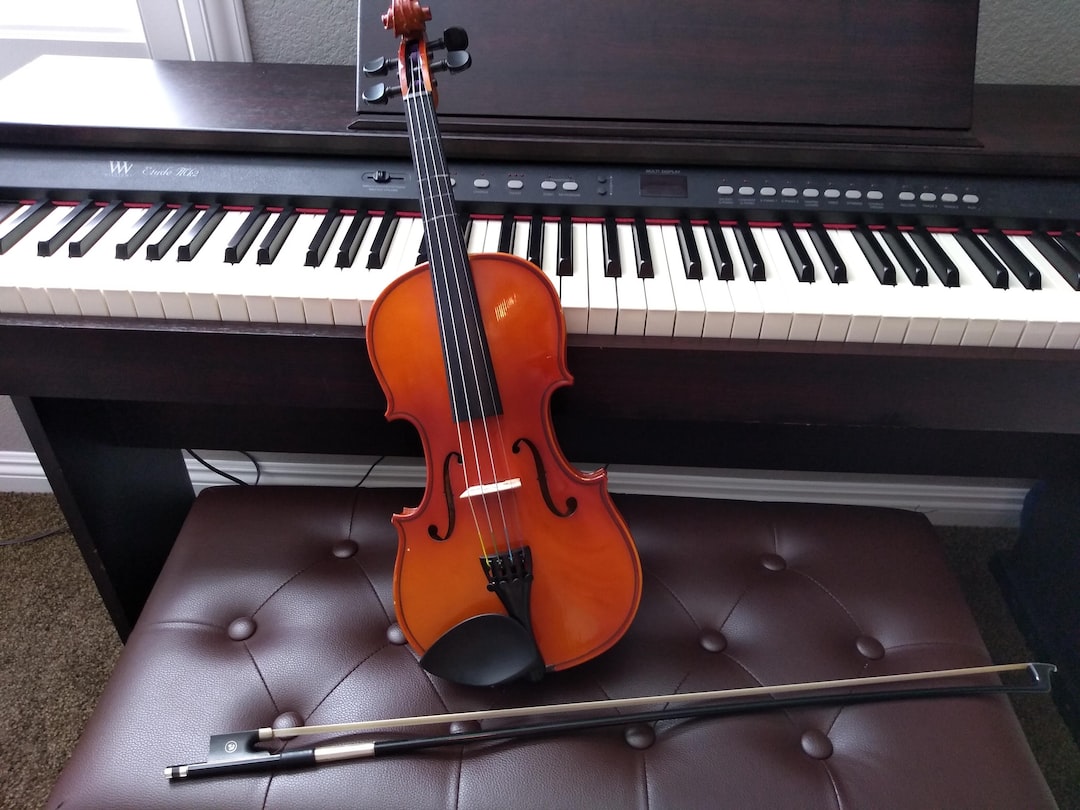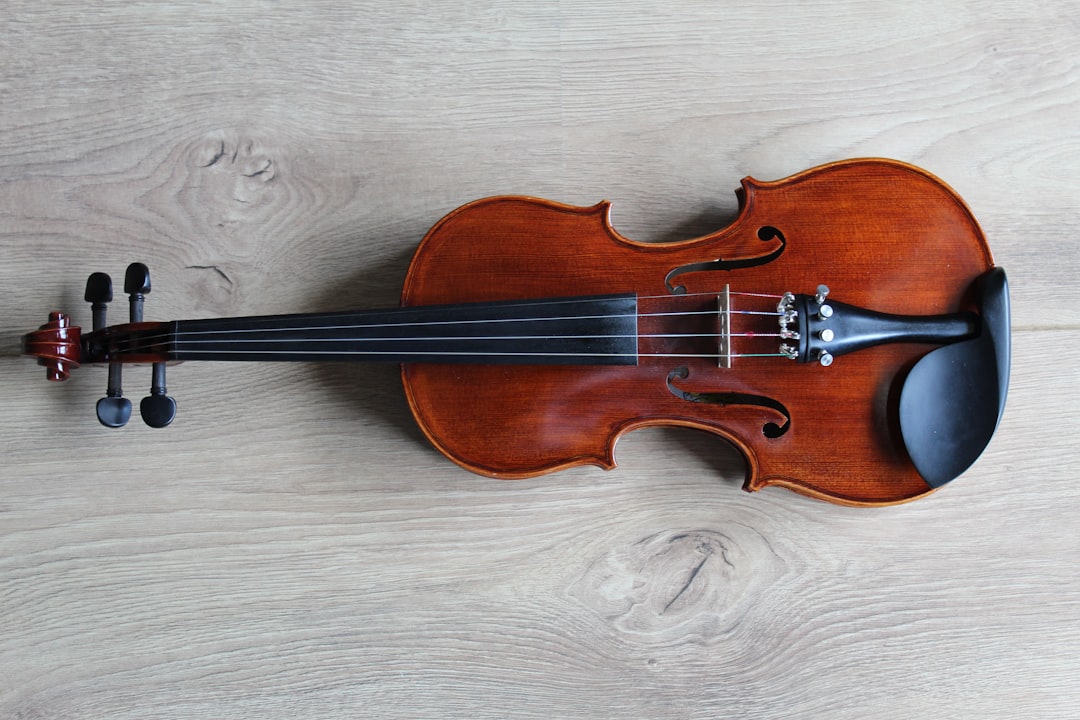The music industry has undergone significant transformations over the years, from the advent of digital music to the rise of streaming services. However, the latest game-changer is the use of artificial intelligence (AI) in the industry. AI has already made significant inroads in various aspects of the music industry, from production to distribution to live performances. The impact of AI on the music industry is nothing short of revolutionary, with the potential to change the way music is created, distributed, and consumed.
AI has the capability to automate various tasks in music production, such as generating music and assisting in mixing and mastering. Additionally, AI has been used to personalize music recommendations for listeners based on their listening habits and preferences. Furthermore, AI has been used to analyze data and predict trends in the music industry to aid in music distribution. Finally, AI has been used to create interactive and immersive experiences for concertgoers during live performances.
However, the use of AI in the music industry also raises ethical concerns, particularly regarding copyright and ownership of AI-generated music. Therefore, while AI has the potential to revolutionize the music industry, it is important to consider the potential benefits and drawbacks of this transformation. In the following sections, we will explore the various ways AI is being used in the music industry and the potential impact it may have.
AI in Music Production
When it comes to music production, AI is becoming an increasingly important tool. One of the most exciting applications of AI in music production is the creation of AI-generated music. Using complex algorithms and machine learning techniques, AI software can analyze vast amounts of music data to generate new, original compositions. This has the potential to revolutionize the music industry, as it allows for the creation of new music that is completely unique and different from anything that has been made before.
Another way in which AI is being used in music production is through the use of AI in mixing and mastering. Mixing and mastering are essential processes in music production, and they can be time-consuming and difficult to get right. However, with the help of AI, these processes can be made much easier and more efficient. AI algorithms can analyze audio tracks and make adjustments to the levels and EQ to create a more balanced and polished sound.
AI can also be used to analyze and classify music data, making it easier for producers to find the right sounds and samples for their tracks. This can save time and effort, allowing producers to focus on the creative aspects of music production.
Overall, AI is transforming the way music is produced. From AI-generated music to AI-assisted mixing and mastering, the possibilities are endless. However, as with any new technology, there are also potential drawbacks and ethical considerations that must be taken into account. In the next section, we will explore how AI is being used in music recommendation.
However, with the help of AI, these processes can be made much easier and more efficient.
AI in Music Recommendation
As streaming services have become the primary way people consume music, the importance of personalized recommendations has grown exponentially. With millions of songs available at the touch of a button, it can be overwhelming for listeners to navigate and find new music they will enjoy. This is where AI comes in.
AI algorithms are used to analyze a listener’s listening habits and preferences, as well as data from other users with similar tastes. This information is then used to generate personalized playlists and recommendations for each individual listener. This not only enhances the listening experience for the user but also helps music streaming services retain subscribers by providing them with a more tailored experience.
One of the most well-known examples of AI music recommendation is Spotify’s Discover Weekly playlist. This playlist is created every Monday for each user and is based on their listening history and behavior. The algorithm takes into account the genres, artists, and songs that the user has listened to in the past and generates a playlist of new music that the user may enjoy.
Another example of AI music recommendation is Pandora’s Music Genome Project. This project uses a team of musicologists to analyze songs based on hundreds of different musical attributes, such as tempo, melody, and harmony. This information is then used to generate personalized radio stations for each user based on their favorite songs or artists.
The use of AI in music recommendation has not only improved the listening experience for users but has also had a significant impact on the music industry. By analyzing listening habits and preferences, AI algorithms can identify emerging trends and predict which songs and artists are likely to become popular in the future. This information can be used by record labels and music executives to make informed decisions about which artists to sign and which songs to promote.
However, there are also ethical considerations surrounding the use of AI in music recommendation. As AI algorithms become more advanced, there is a risk that they could be used to manipulate listeners into consuming certain types of music or even promoting certain artists over others. Additionally, there is a risk that AI-generated playlists and recommendations could lead to a homogenization of music, where only certain types of music are promoted and listened to.
The use of AI in music recommendation has revolutionized the way listeners discover new music and has had a significant impact on the music industry as a whole. While there are ethical considerations that must be taken into account, the benefits of personalized recommendations and the ability to predict emerging trends make AI an invaluable tool for the music industry.
AI algorithms are used to analyze a listener’s listening habits and preferences, as well as data from other users with similar tastes.
AI in Music Distribution
The music industry has undergone a significant transformation in the past few years, with the advent of artificial intelligence (AI) technology. One of the areas where AI has made a significant impact is music distribution. AI is being used to analyze data and predict trends in the music industry, which has helped music distributors to make better decisions on how to market and distribute music.
One of the primary ways AI is being used in music distribution is through data analysis. AI algorithms can analyze large volumes of data, including streaming numbers, social media engagement, and sales figures, to determine which songs and artists are most popular. This information is used by music distributors to make decisions about which songs to promote and which artists to sign.
AI is also being used to predict trends in the music industry. By analyzing data from various sources, including social media, streaming platforms, and radio airplay, AI algorithms can predict which genres and artists are likely to become popular in the future. This information is used by music distributors to make decisions about which artists to sign and which songs to promote.
Another way AI is being used in music distribution is through personalized music recommendations. Music streaming platforms, such as Spotify and Apple Music, use AI algorithms to analyze users’ listening habits and preferences. This information is used to create personalized playlists and recommendations for each user, which has helped to increase user engagement and retention.
AI is also being used to improve the distribution of music in emerging markets. In countries where traditional music distribution channels are limited, AI-powered platforms are being used to distribute music digitally. This has helped to democratize the music industry and provide opportunities for artists in developing countries.
However, the use of AI in music distribution also raises ethical considerations. One of the primary concerns is the ownership and copyright of AI-generated music. As AI algorithms become more sophisticated, they are able to create music that sounds like it was composed by humans. This raises questions about who owns the rights to this music and how it should be compensated.
AI is revolutionizing the music industry in many ways, including music distribution. The use of AI algorithms to analyze data and predict trends has helped music distributors to make better decisions about how to market and distribute music. However, the use of AI in music distribution also raises ethical considerations, particularly around the ownership and copyright of AI-generated music. As AI technology continues to develop, it will be important for the music industry to address these concerns and ensure that artists are fairly compensated for their work.
However, the use of AI in music distribution also raises ethical considerations, particularly around the ownership and copyright of AI-generated music.
AI in Live Performances
The use of AI in live performances is still in its early stages, but it is already showing great potential in creating interactive and immersive experiences for concertgoers. One way in which AI is being used in live performances is through the creation of virtual band members. These virtual band members are created using AI algorithms that can analyze the playing style and musical preferences of a particular musician, and then create a virtual version of that musician that can play along with the live band.
Another way in which AI is being used in live performances is through the creation of interactive lighting and visuals. By using AI algorithms to analyze the music being played, lighting and visual effects can be synchronized with the music in real-time, creating a truly immersive experience for the audience.
AI is also being used to create real-time remixes of songs during live performances. By analyzing the music being played and using machine learning algorithms to identify patterns and structures, AI can create unique remixes of songs that are tailored to the specific audience and venue.
However, the use of AI in live performances does raise some ethical considerations. For example, there are concerns about the ownership and copyright of AI-generated music. Who owns the rights to the music created by an AI algorithm? Is it the programmer who created the algorithm, the musician who played alongside the virtual band member, or the AI algorithm itself?
Despite these concerns, the use of AI in live performances has the potential to revolutionize the music industry and create truly unique and immersive experiences for concertgoers. As technology continues to evolve, it will be interesting to see how AI is further integrated into the live music experience.
By analyzing the music being played and using machine learning algorithms to identify patterns and structures, AI can create unique remixes of songs that are tailored to the specific audience and venue.
Ethical Considerations in AI and the Music Industry
As with any technological advancement, the use of AI in the music industry raises important ethical considerations that must be addressed. One of the most pressing concerns is the issue of copyright and ownership of AI-generated music.
Currently, there is no clear legal framework for determining who owns the rights to music created by AI. Is it the programmer who created the algorithm? The artist who provided the initial input for the AI system? Or the AI system itself? These are questions that have yet to be fully answered, and the lack of clarity could lead to legal battles and disputes in the years to come.
Another ethical consideration is the potential for AI-generated music to replace human musicians. While AI systems can create impressive music, there is still something special about the human touch in music production. It is important to ensure that the use of AI in music production does not lead to the marginalization or displacement of human musicians.
Additionally, there is a risk that AI-generated music could perpetuate existing biases and stereotypes. If the AI system is trained on a dataset that is biased towards certain genres or demographics, it could lead to a lack of diversity and representation in the music industry.
Finally, there is the question of transparency and accountability. As AI systems become more advanced, it can be difficult to understand how they are making decisions or recommendations. It is important to ensure that the use of AI in the music industry is transparent and accountable, so that users can understand how the system is making decisions and can hold developers accountable for any errors or biases.
While the use of AI in the music industry has the potential to revolutionize the way we create, distribute, and consume music, it is important to carefully consider the ethical implications of this technology. By addressing these concerns and developing clear guidelines and regulations, we can ensure that AI is used in a way that benefits both the music industry and society as a whole.
Another ethical consideration is the potential for AI-generated music to replace human musicians.
Conclusion: The Impact of AI on the Music Industry
After examining the various ways in which AI is being used in the music industry, it is clear that this technology has the potential to revolutionize the way we create, distribute, and consume music. From AI-generated music to personalized recommendations and interactive live performances, AI is changing the landscape of the music industry in profound ways.
One of the most significant benefits of AI in music production is the ability to create music that is both innovative and accessible. AI-generated music has the potential to break down barriers in the music industry, allowing for a wider range of artists and genres to be heard. Additionally, the use of AI in mixing and mastering can help to streamline the production process and improve the overall sound quality of a recording.
In terms of music recommendation, AI has the potential to provide listeners with a more personalized and engaging experience. By analyzing data on a listener’s listening habits and preferences, AI algorithms can recommend new music that is tailored to their individual tastes. This not only benefits the listener but also helps to promote emerging artists and new genres.
AI is also being used to analyze data and predict trends in the music industry, which can be incredibly valuable for music distribution. By understanding consumer behavior and market trends, music companies can make more informed decisions about how to promote and distribute their music, ultimately leading to increased sales and revenue.
Finally, the use of AI in live performances has the potential to create truly immersive and interactive experiences for concertgoers. From AI-generated visuals to audience participation, AI can help to create a unique and unforgettable concert experience.
However, as with any new technology, there are also potential drawbacks and ethical considerations to consider. One of the most significant concerns is the issue of copyright and ownership of AI-generated music. As AI becomes more sophisticated and capable of creating original music, it raises questions about who owns the rights to this music and how it should be compensated.
Overall, the impact of AI on the music industry is complex and multifaceted. While there are certainly potential benefits to using AI in music production, recommendation, distribution, and live performances, it is important to consider the potential ethical implications of this technology. As AI continues to evolve and become more integrated into the music industry, it will be interesting to see how it shapes the future of music.





